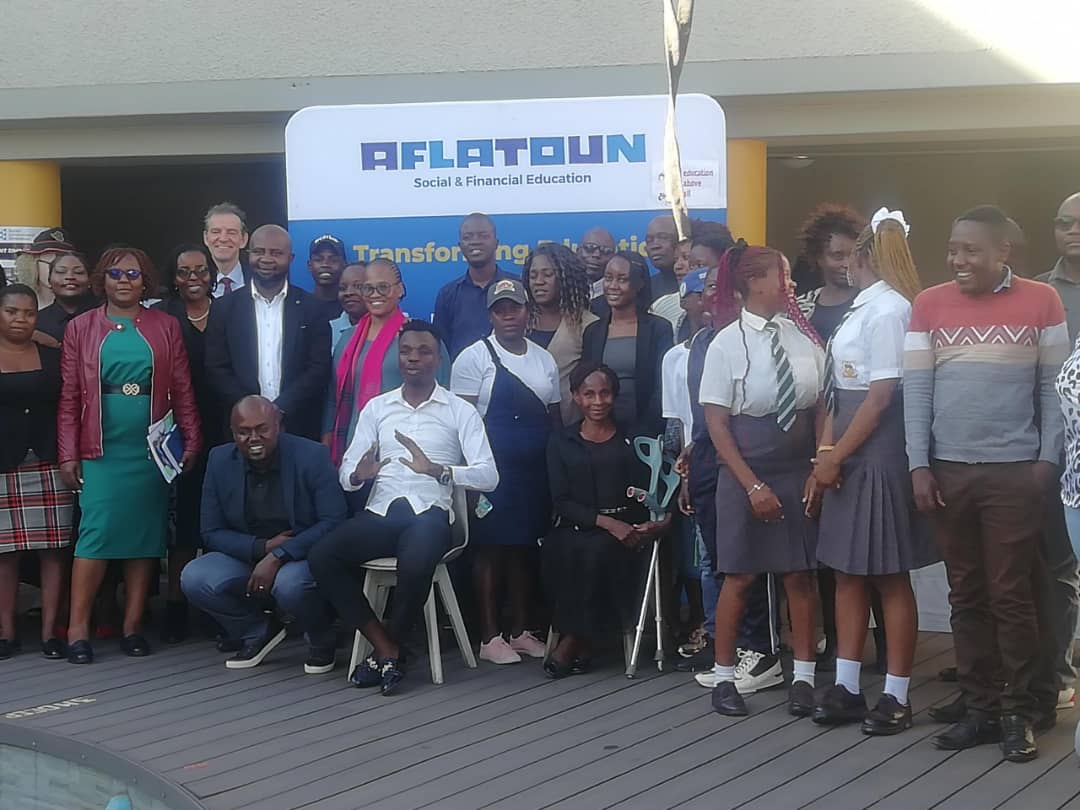By Lisca Philo
Junior Achievement Zimbabwe in collaboration with Aflatoun International, Education Above All Foundation, and other partners, recently hosted a two-day workshop aimed at empowering adolescents with essential skills in social, financial, and sexual and reproductive health rights (SRHR) education.
The initiative brought together representatives from the government, private sector, and civil society organizations, including Elavation Zimbabwe, Abdullah Foundation Trust, Mavambo Orphan Care, Youth Aspire, Bantwana, and Zinecda, among others.
The focus of the workshop was on financial literacy, work readiness, and sexual reproductive health, equipping young boys and girls to make informed decisions about their health, finances, and education—key components for their success and the development of Zimbabwe.
“If you want to see positive engagement in young people, we must discuss finances. Teaching children about saving and budgeting empowers them economically,” said Mr. Roeland Monasch, CEO of Aflatoun Organization.
Over the past three years, the project has reached 13,320 adolescents, including 300 individuals with disabilities, with a quarter coming from diverse communities. This effort has significantly impacted their lives by providing education and training that prepare them for the complexities of work and financial management.
The program has also seen tangible results in personal empowerment. One participant shared how the program helped her become self-sufficient and gain experience in detergent making, which she described as empowering.
Similarly, Trevor, a member of a Roman Catholic affiliated club in Kadoma who benefitted from the programme said, “I had low self-esteem, and the program boosted my confidence. I was trained in financial skills and budget planning.”
This project underscores the critical role of cross-sectoral collaboration in tackling broad social and economic challenges. By uniting government, private sector, and civil society, such initiatives can achieve impacts far beyond what any single sector could accomplish alone.
It also highlights the importance of investing in the futures of young people, especially in developing countries where challenges like poverty, lack of education, and gender inequality are prevalent.
“By investing in young people’s education and skills, we are investing in the future of Zimbabwe and other developing nations. This project shows that with the right approach, we can create a brighter, more prosperous future for everyone,” said Mr. Monasch.
The success of this project in empowering young individuals contributes to broader societal goals, such as reducing poverty, improving public health, and promoting gender equality.
It exemplifies the power and importance of investing in youth education and the effectiveness of cross-sectoral collaboration in fostering positive change.


